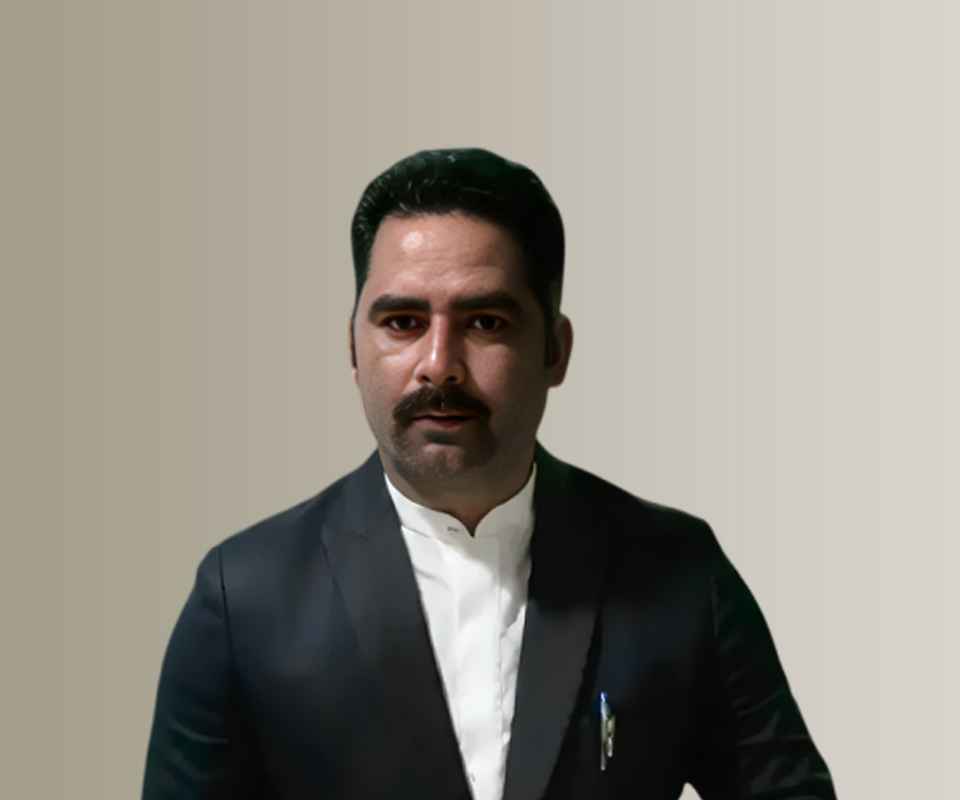Answer By law4u team
Non-governmental organizations (NGOs) play a vital role in addressing domestic violence and supporting victims through various stages of recovery. While law enforcement and legal systems are critical, NGOs fill gaps by providing comprehensive services that focus on the safety, empowerment, and rehabilitation of victims. These organizations often work alongside legal authorities to ensure victims' rights are protected and provide essential resources that may not always be available through government agencies.
Roles of NGOs in Domestic Violence Cases:
Providing Shelter and Safe Spaces:
NGOs often operate shelters that offer immediate refuge to victims of domestic violence, especially when their safety is at risk. These shelters provide a secure environment where victims can escape abusive situations and take time to plan their next steps.
Example: A woman fleeing an abusive relationship may find shelter at a local NGO-run women’s refuge, where she receives not only a safe space but also food, medical care, and emotional support.
Offering Legal Aid and Advocacy:
Many NGOs provide free or low-cost legal services to domestic violence victims, helping them navigate the legal system. This includes assistance with filing police reports, obtaining protection orders, and pursuing legal action against the abuser.
NGOs often advocate for victims in courts, ensuring their rights are respected and that they receive proper legal representation.
Example: A domestic violence survivor may be helped by an NGO in securing a restraining order against their abuser and may be guided through the process of filing for divorce or child custody.
Counseling and Psychological Support:
Domestic violence can lead to significant emotional and psychological trauma. NGOs provide counseling services to help victims cope with the mental and emotional toll of abuse. This may include individual therapy, group counseling, and support groups where victims can share their experiences.
Example: An NGO may provide trauma-informed counseling to help a survivor of domestic violence rebuild their self-esteem and process their feelings of shame, guilt, or fear.
Empowerment and Economic Support:
Many NGOs focus on empowering domestic violence survivors by providing training, education, and employment assistance. This helps victims regain independence and self-sufficiency, reducing the likelihood that they will return to an abusive relationship due to financial dependency.
Example: An NGO may offer vocational training or job placement services to a woman who has been financially dependent on her abusive partner, enabling her to support herself and her children.
Community Awareness and Education:
NGOs play a significant role in raising awareness about domestic violence in communities, aiming to reduce stigma and encourage victims to come forward. They organize workshops, seminars, and campaigns to educate the public about the signs of abuse and the resources available to victims.
Example: An NGO might hold an awareness campaign in schools or community centers to educate people about domestic violence, its impact, and how to seek help.
Advocacy for Policy and Legal Reform:
NGOs often engage in advocacy at the policy level to influence laws and regulations related to domestic violence. They work to ensure that domestic violence laws are enforced, and they push for reforms that protect victims and hold abusers accountable.
Example: An NGO may lobby for the strengthening of laws related to domestic violence, such as ensuring that protection orders are more accessible or that there is better enforcement of such orders.
Providing Crisis Intervention:
Many NGOs offer 24/7 crisis intervention services for victims of domestic violence. These services may include hotlines, emergency response teams, and immediate assistance to victims who need urgent help.
Example: A woman who calls an NGO’s emergency hotline may receive immediate advice and support, including help in finding a safe location, contacting the police, or securing legal protection.
Helping with Children and Family Support:
NGOs also support children who are victims of domestic violence, either directly or indirectly. They provide counseling, safe spaces, and educational support to children affected by domestic violence, addressing the long-term emotional and psychological damage.
Example: A child who witnesses domestic violence in their home might receive specialized counseling services from an NGO, helping them process the trauma and learn how to manage their emotions.
Multidisciplinary Collaboration:
Many NGOs collaborate with other organizations, such as law enforcement agencies, healthcare providers, social workers, and mental health professionals, to provide holistic support to domestic violence victims. This collaboration ensures that victims receive comprehensive care that addresses all aspects of their needs, from physical safety to emotional healing.
Example: An NGO may work closely with the local police, healthcare facilities, and legal teams to ensure that a victim receives coordinated care, such as medical treatment, police protection, and legal advice, all in one place.
Legal Implications of NGO Involvement:
Protection Orders:
NGOs often help victims apply for protection orders, which are legal documents issued by courts that prevent abusers from making contact with the victim. NGOs may assist in gathering the necessary evidence, filling out forms, and appearing in court to represent the victim’s interests.
Legal Representation:
Some NGOs have in-house legal experts or partnerships with law firms that specialize in family law or domestic violence cases. These legal experts can provide victims with the guidance needed to navigate the legal system, including obtaining custody of children, seeking alimony, and filing for divorce.
Reporting and Confidentiality:
NGOs are bound by confidentiality laws, meaning they cannot disclose information shared by victims without consent. This provides a safe environment for victims to report abuse and seek help without fear of judgment or retaliation. However, in cases where there is a risk of harm to the victim or others (such as in cases involving children), some NGOs may have a duty to report to authorities.
Assisting in Police Reporting:
NGOs can assist victims in filing police reports and follow up with law enforcement to ensure the case is being taken seriously. They can also accompany victims to police stations to provide emotional support and ensure that their complaints are heard.
Example:
Example: A woman has been experiencing physical and emotional abuse from her partner for years but has been afraid to seek help due to financial dependency. She reaches out to an NGO that specializes in domestic violence. The NGO helps her find a safe shelter, offers legal assistance to obtain a protection order, and connects her with counseling services. The NGO also provides vocational training, helping her gain financial independence. With the support of the NGO, she is able to leave the abusive relationship, regain control of her life, and rebuild her future.







